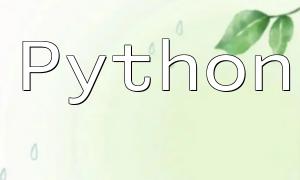With the rapid growth of mobile applications, developers face continuous challenges in choosing technologies. PHP, a mature server-side scripting language, has been widely used in web development. Although native languages like Java, Swift, and Kotlin dominate mobile development, PHP still plays a significant role in certain scenarios, especially in backend services and rapid prototyping.
Native languages fully leverage device hardware, delivering smoother user experiences and higher performance. This is particularly important for complex and performance-intensive applications. Hence, many mobile development teams prefer Java, Swift, or Kotlin for building core features.
For developers familiar with PHP, it remains an efficient choice to quickly build backend services or simple mobile app prototypes. PHP’s gentle learning curve and vast ecosystem of mature frameworks and resources make it advantageous for rapid idea validation and lightweight app development.
<?php
// Handle user registration
if ($_POST["action"] == "register") {
$username = $_POST["username"];
$password = $_POST["password"];
// Save username and password to the database
// ...
echo "Registration successful!";
}
// Handle user login
if ($_POST["action"] == "login") {
$username = $_POST["username"];
$password = $_POST["password"];
// Verify username and password match in the database
// ...
echo "Login successful!";
}
?>In summary, while PHP is not the mainstream choice for native mobile app development in 2023, it remains suitable for specific scenarios. Developers skilled in PHP can continue leveraging it to rapidly build backends and simple apps, enhancing development efficiency. For projects demanding high performance and complex interactions, investing in native development skills is a more strategic choice.








